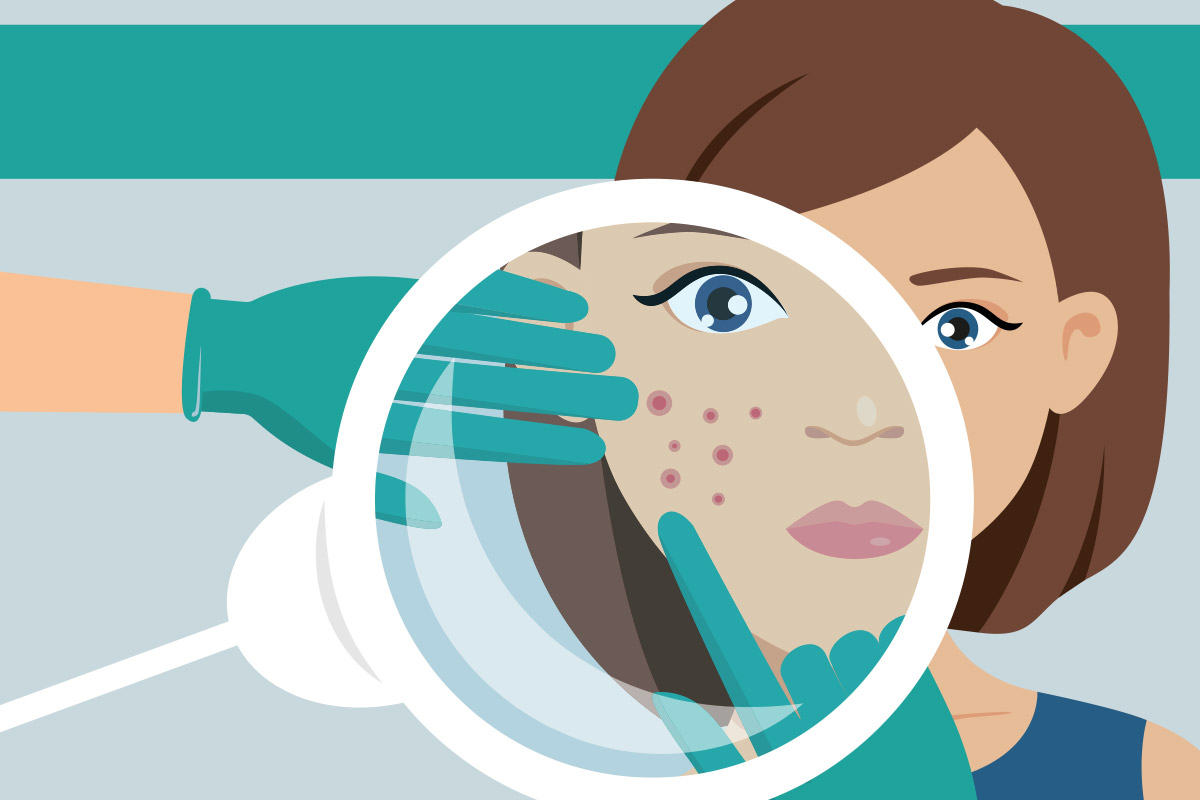Home » Acne Causes » Types Of Acne » Adult Acne
Adult Acne
Having adult hormonal acne in your 20s, 30s and beyond
Saying goodbye to your teens doesn’t necessarily mean saying goodbye to pimples.
Experiencing acne as an adult appears to be a global trend affecting more women than men.
Adult acne (in the post-adolescent phase) is not always the same as acne that affects teenagers.
Importantly, adult skin is different – it’s drier and more fragile, whereas younger skin is oily and less sensitive.
Acne in women tends to be found around the jawline, chin and neck. The pimples tend to be deeper, more painful and last longer.
MY STORY
"As an adult I found having acne even more difficult."
“I thought that in my 20s I would be having the time of my life but instead I was staying inside on weekends and covering my face up in makeup to hide from the world. I can honestly say that to date, this time was the worst and most emotional of my life.”
– Cara, 23
Causes of adult acne
The causes of adult acne aren’t clear-cut.
From hormones and family history, to stress and having children later in life, there are several theories about what causes adult acne.
Polycystic ovarian syndrome (PCOS) is one health condition that often causes acne.
This makes it even more important to see a doctor so the cause can also be identified and treated.
Dermatologist and All About Acne member Dr JoAnn See explains hormonal (adult) acne in this video:
Treatment options for adult hormonal acne
Adult acne can be unexpected and frustrating but you can do something about it.
There are an increasing number of acne treatments available which are specifically relevant for adult women.
Hormonal therapy, which is mainly the oral contraceptive pill, tends to be used more often than oral antibiotics because some women are concerned about the unpleasant side effects of antibiotics like thrush.
There are also a wide range of topical therapies – creams and gels – that you can apply to your skin. These include antibiotics, retinoids and combination treatments.
If you are using topical treatments, it’s important not to overuse cosmetics, cleansers and masks, or have regular cosmetic procedures, because this can irritate your skin. That’s why it’s important to discuss your skin care routine with your doctor before going ahead.
There have also been further developments in light therapies which may appeal to you if you’d prefer not to take medications or have to worry about a daily treatment. However, there is usually a higher cost involved with using light therapies.
If you have severe cystic acne as an adult, oral isotretinoin is still the most effective, well-researched, and evidence-based acne treatment available. It’s a powerful medication and now, low-dose options are available.
However, your acne treatment needs to be tailored to YOU. Just because someone you knew had a great result with one treatment doesn’t mean it will work for you.
Discuss your acne and how it’s making you feel with your doctor.
You may be ‘all grown up’ but acne is a very visible condition and the potential psychological impact can be the same if you’re 16 or 36.
Managing Adult Acne
Here are some steps to follow if you’re managing adult acne:
- Have your acne assessed by a GP or dermatologist.
- If your doctor believes another medical condition may be responsible for your acne, such as PCOS, investigations may be required.
- Treatments will vary according to your type of acne.
- Inappropriate skin care can make acne worse so discuss this with your doctor too.

Seeing a doctor for acne
When acne makes it difficult for you to enjoy your life, it’s definitely time to see a doctor.
